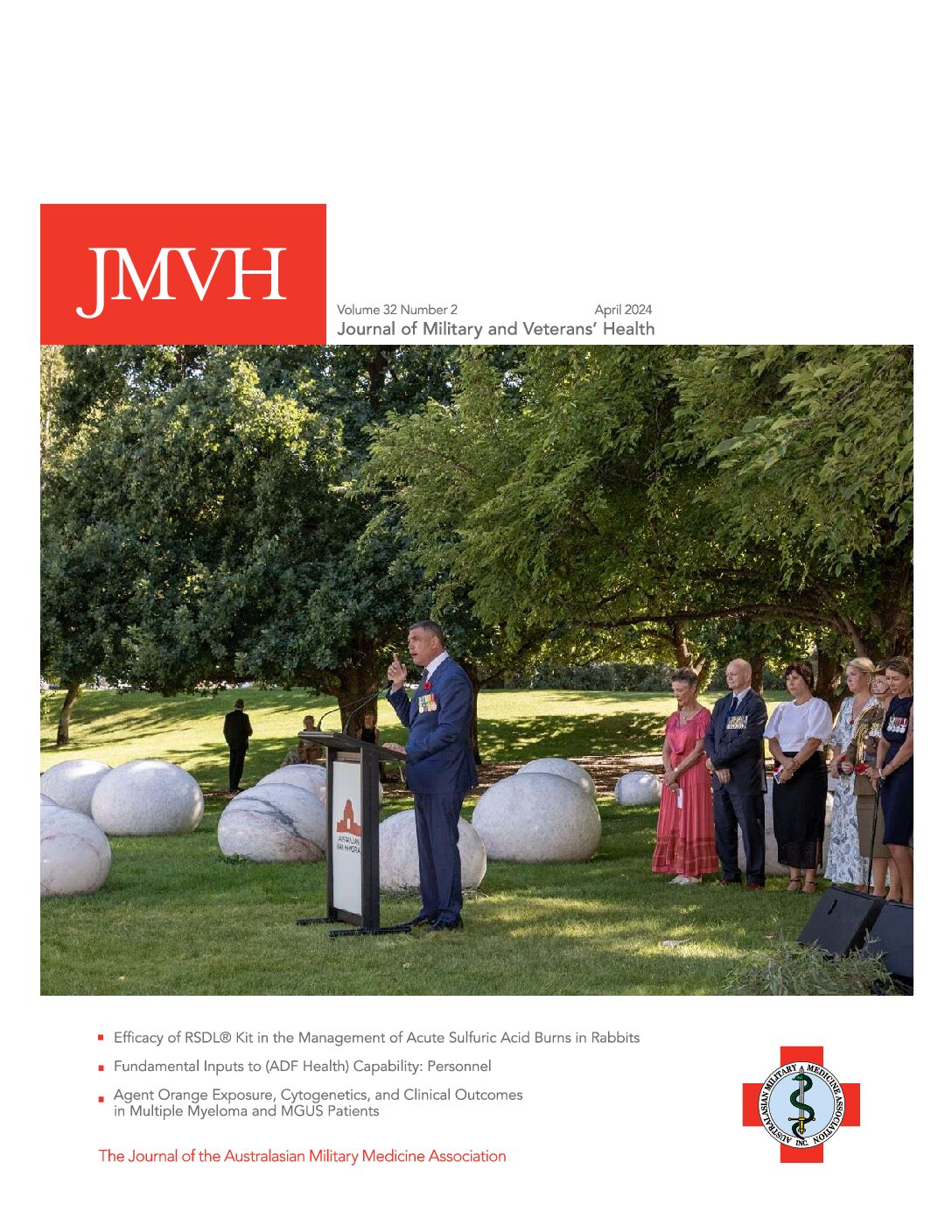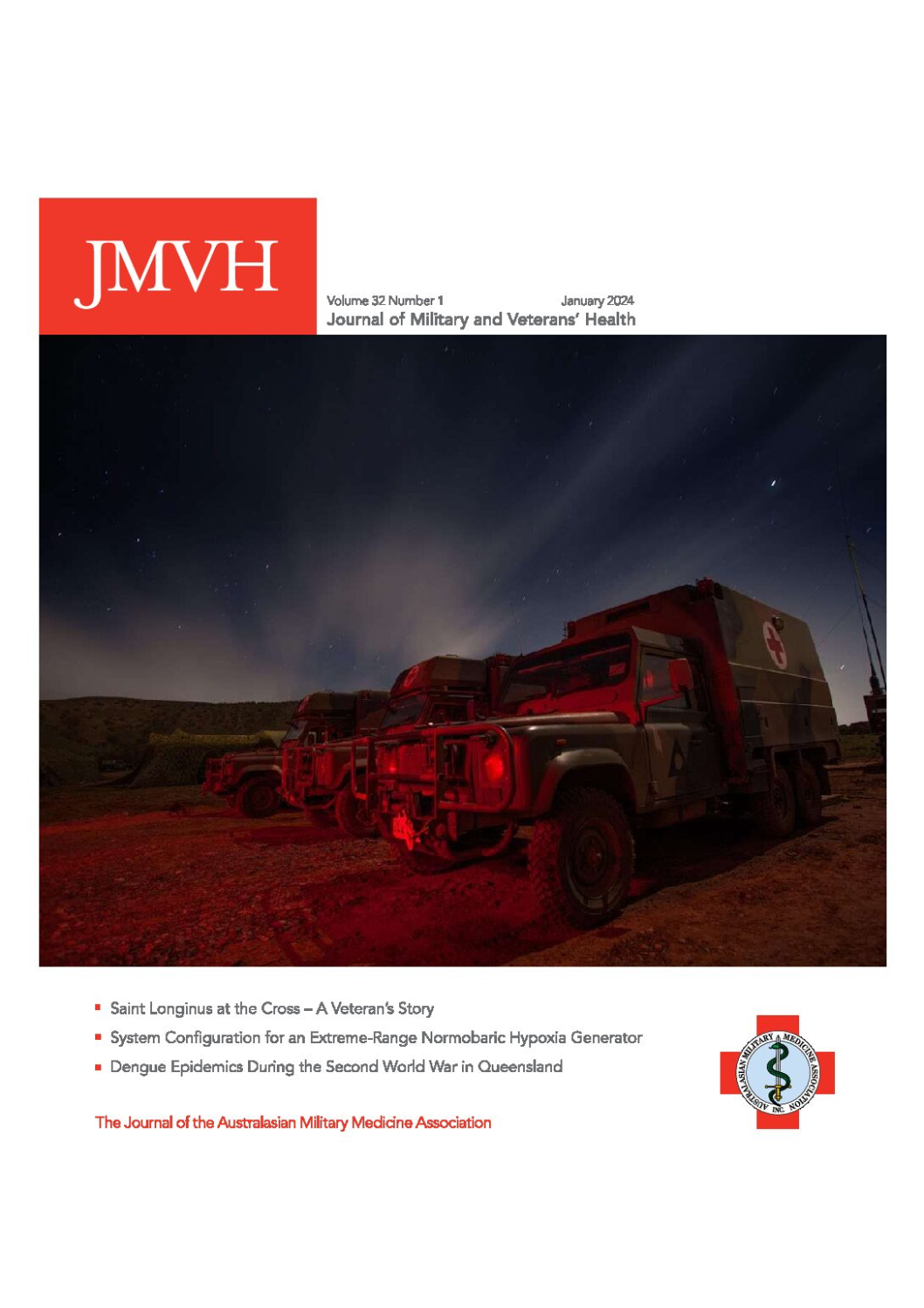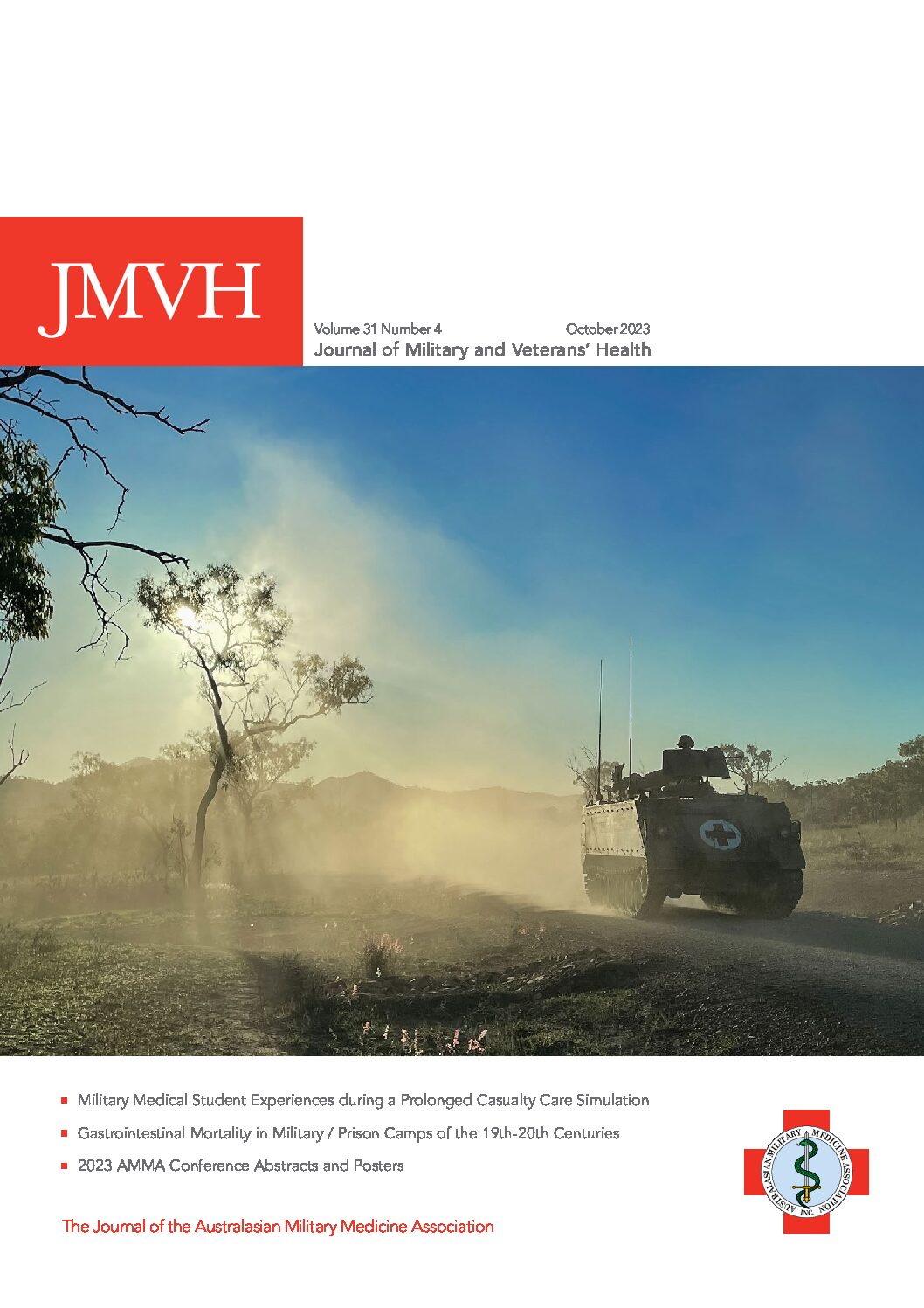MORE MILITARY MEDICAL ACRONYMS- just what we need. These acronyms, however, are important as they herald a quiet revolution in how the Australian Defence Force intends to train, remunerate and hope¬ fully better retain their health personnel. Working on the basis of the 1998 decision by Defence to progress Specialist Officer Career Studies (SOCS) through the Defence Force Remuneration Tribunal (DFRT), 2003 is the year that the Defence Health Service will have its day. The thrust of these proposals is to move away from rank-based remuneration to a competency-based system, albeit with a rank overlay. The first cab off the rank was the Dental Officer Career Study (DOCS), which was heard and approved by the DFRT in May 2003. The next study to go to the DFRT will be the Medical Officers Career and Salary Proposal (MOCASP), which will be heard in July 2003. This proposal has been widely publicised as part of a national roadshow by the Director of Health Projects. The Nursing Officer Career Study (NOCS) will follow in November 2003, with Physiotherapy and Pharmacy Officer Career Studies (PPOCS) tentatively scheduled for 2004. Getting DFRT sign off is only the first step, however, with determination of competency levels and the training required being a major task over the next 12 months.
The other initiative that is reaching fruition is the proposed Centre for Military and Vetera ns Health (CMVH). Originally announced by Minister Vale on31 January 2002, contract negotiations are being finalised with the consortium involving the University of Queensland along with Adelaide University and the Menzies School of Health Research. The expected commencement day is January 2004. It is based on a three-way collaboration between the Defence Health Service, the Department of Veterans’ Affairs and the contracted university and its allied teaching hospitals. CMVH will coordinate research into the impacts of military service on the health of serving members and veterans, manage professional development and training for members of the Defence Health Service, and provide access to integrated health and related infor¬mation systems, including telemedicine and e-health. This has the potential to revitalise military health research and training and is a very welcome initiative.






